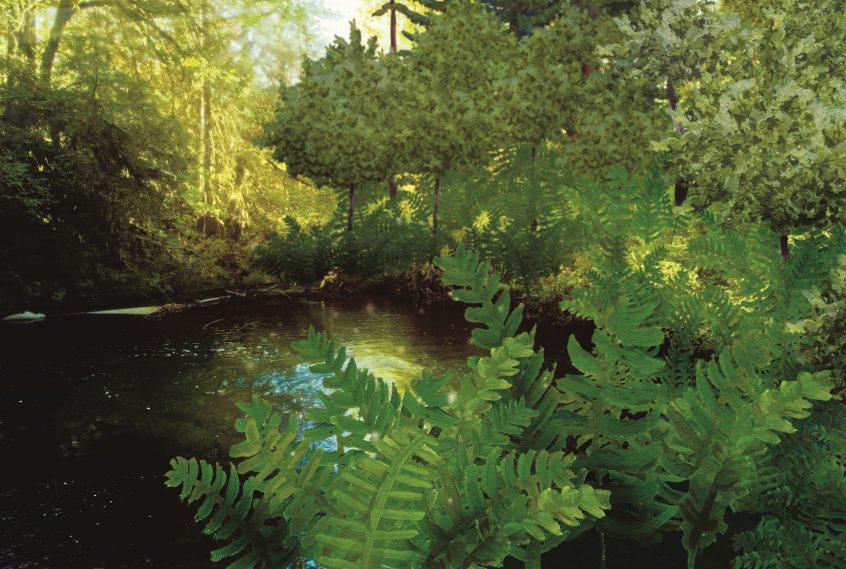Foresters understand there is always something new to learn about their craft – continuing education is key. Which is why it’s normal for 250 people to attend a recent family forestry workshop in Oakville, Grays Harbor County, organized by the Washington State University Extension.
Andy Perleberg, a WSU Extension forester, told the Centralia Chronicle that most family foresters aren’t motivated by dollars and cents.
“I would say that the majority of family forests are in it for the lifestyle rather than the profit,” said Perleberg during a family forestry workshop at Wild Thyme Farm in Oakville last Saturday. “This family forestry stuff isn’t rocket science. It’s harder because of all the uncertainty.”
Those uncertainties include what types of trees to plant and what sorts of microbes and nutrients, or even diseases, are held in the soil. Will there be drought? Will there be a flood? Will a wildfire rip through the forest before it can be harvested? Will there even be a market for timber once it’s time to cut the decades old trees?
Managing a forest is about managing over generations, not short-term gain.
Perleberg said that selling trees is typically a secondary concern for folks looking to curate a healthy forest on their property. After all, the lifespan of healthy trees means that most trees will not be harvested by the same people who planted them.
“There are things that all forest owners have in common. The first is that they all want a healthy forest. The other is that they all love tools. There is no imaginary average forest owner. People own land for all types of reasons” said Perleberg. “These are the people that are ready to commit to the long term benefit of forest lands for the owner and for society and they are quite aware that everything they do impacts those around them.”
Perleberg listed clean water, clean air and healthy wildlife among the benefits of a healthy forest landscape.
